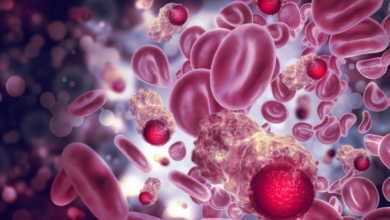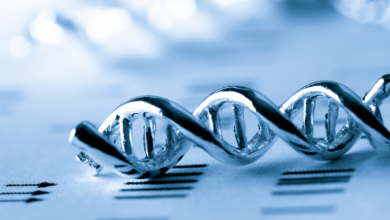Human Chorionic Gonadotropin (hCG) Screening

What is Human Chorionic Gonadotropin (hCG) Screening?
hCG (Human Chorionic Gonadotropin) is a hormone produced by the placenta during pregnancy. hCG screening is a blood test used to detect pregnancy.
Why Human Chorionic Gonadotropin (hCG) Screening is required?
· Early pregnancy detection: hCG levels rise rapidly after conception, making it a sensitive indicator of pregnancy.
· Monitoring pregnancy: hCG levels can be used to monitor the progress of a pregnancy, especially in cases of high-risk pregnancies or multiple pregnancies.
· Detecting ectopic pregnancy: An ectopic pregnancy occurs when a fertilized egg implants outside the uterus. hCG levels may be abnormal in cases of ectopic pregnancy.
which are the method of Human Chorionic Gonadotropin (hCG) Screening?
· Blood test: A simple blood draw can be used to measure hCG levels.
· Urine test: Home pregnancy tests detect hCG in urine.
who should go for Human Chorionic Gonadotropin (hCG) Screening?
· Women who suspect they are pregnant: A positive hCG test is a strong indicator of pregnancy.
· Women with symptoms of pregnancy: Nausea, fatigue, and breast tenderness are common early symptoms of pregnancy.
· Women undergoing fertility treatments: hCG levels can be monitored to assess the success of fertility treatments.
What are the results of Human Chorionic Gonadotropin (hCG) Screening?
· Positive: A positive hCG test indicates pregnancy.
· Negative: A negative hCG test may indicate that you are not pregnant, but it’s important to retest if your period is delayed.
What are the components of Human Chorionic Gonadotropin (hCG) Screening?
· hCG levels: The main component of hCG screening is measuring the level of hCG in the blood or urine.
· Pregnancy status: A positive or negative result based on the hCG levels.
· Additional information: Depending on the reason for the test, additional information may be provided, such as information about the gestational age or potential complications.





